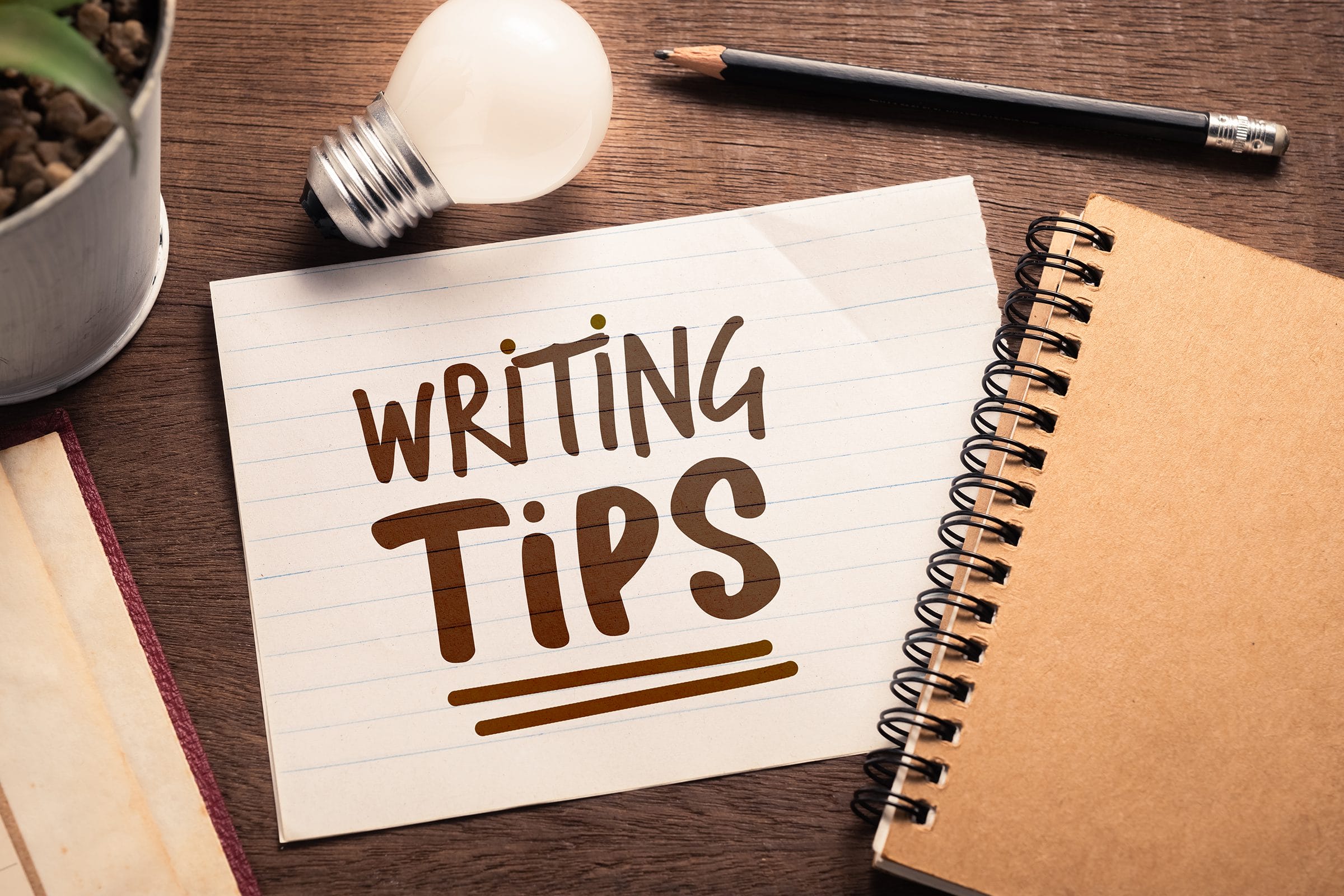

October 6, 2022
Nonfiction books are a large part of the publishing world. If you’re determined to write your own, follow these nonfiction writing tips to produce a book that informs and inspires your readers.
A nonfiction book tells a true story. It can be yours or someone else’s, but it must be based on reality. There are many books that fall into the nonfiction category, including:
If you have some information you want to share or a true story to tell, you can write a nonfiction book using these nonfiction writing tips.
Why are you writing your book? That’s the main question you must answer before you can begin writing. Most nonfiction writers are responding to a need their audience has. People buy nonfiction books to learn something new or to get the “secret information” from an insider. Ask yourself these questions:
Answering this “why” will help you frame the approach of your book. Focus on your reason for writing it. This will help you avoid adding extraneous information or veering off on unrelated tangents.
How long is a nonfiction book?
Nonfiction is a broad category, so the length depends on the type of book you’re writing. Biographies and histories may be longer, and self-help and how-to books are usually shorter.
Most nonfiction books are about 40,000 words. That’s about 80 single-spaced pages or 160 double-spaced pages.
One of the best nonfiction writing tips we can offer is to schedule writing time. It’s an old but true saying that “What gets written down gets done.” When it comes to writing, a scheduled time is the best way to make sure you get the writing done.
Determine how many hours a day you can carve out of your schedule. Even if you can only manage a half hour, start with that. It will make you feel productive and allow you to see that small steps add up.
Some writers set a daily word count. Writing 500 words a day is manageable for most people, even those with a packed schedule. If you can raise it to 1000 words a day, you’ll make excellent progress on your book. Can you find time early in the morning, on your lunch break, or late at night? If you’re determined, you can find the time to dedicate to this work.
A writing routine is just as important as your scheduled time. Try to set up the same routine every time you sit down to write. Maybe you pour yourself a cup of coffee, clear your desk of all papers, or take a five-minute walk outside. These small rituals set you up for success by getting you in the right frame of mind to work.
An outline will help you stay on track. Decide how you want to open your book, and make notes about what each chapter will cover. Outlines are invaluable for ensuring you cover everything. They also help you eliminate details that might be interesting but are irrelevant to the main points of your book.
For nonfiction writing, you can choose from several book structures. These work for fiction writers, too.
Another great nonfiction writing tip is to do great research. Research is the foundation of a good nonfiction book. You can’t present yourself as an expert unless you’ve grounded your book in the evidence. Don’t rely on internet searches. Make a wide search for a variety of sources that deepen your understanding.
All that research can lead to a mountain of facts, interview notes, and other information. How are you supposed to cram it all in?
You’re not. Your job now is to select the main points you want to emphasize in your book. This can be one of the most difficult, time-consuming parts of planning your book. You may find some things so interesting that you feel you must include them, even if they’re not directly related to the main point of your book.
Don’t give in to the temptation to include everything. Some writers say their research uncovers enough information to write more than one book. If that’s the case, count yourself lucky, but leave all the extraneous stuff for your second book. Right now, you must sift through the studies, notes, and interviews to find only the true golden nuggets.
A nonfiction book must grab the readers from the first page. When you write a fiction book, readers are intrigued by the plot. They want to know what happens next. With nonfiction writing, you must immediately persuade readers that you’re an authoritative source of information.
One of the best nonfiction writing tips is to open with an introduction that explains:
You’ve followed our nonfiction writing tips. You have an outline, a format, a strong introduction, and a pile of research notes. The next step is to start writing.
How long will it take to write your first draft? If you’re a new writer, give yourself from three to six months to write the full first draft.
A self-help or how-to book is usually faster and easier to write, and it may take you only a few weeks. If you’re writing a history, biography, or book about complex issues, it may take up to a year to finish your first draft.
Once you’ve completed your nonfiction writing, get your book professionally printed and bound. At Publishing Xpress, we can help you with printing of your nonfiction book. We specialize in working with first-time writers, so contact us today for an estimate.
© 2025 Publishing Xpress. All Rights Reserved.